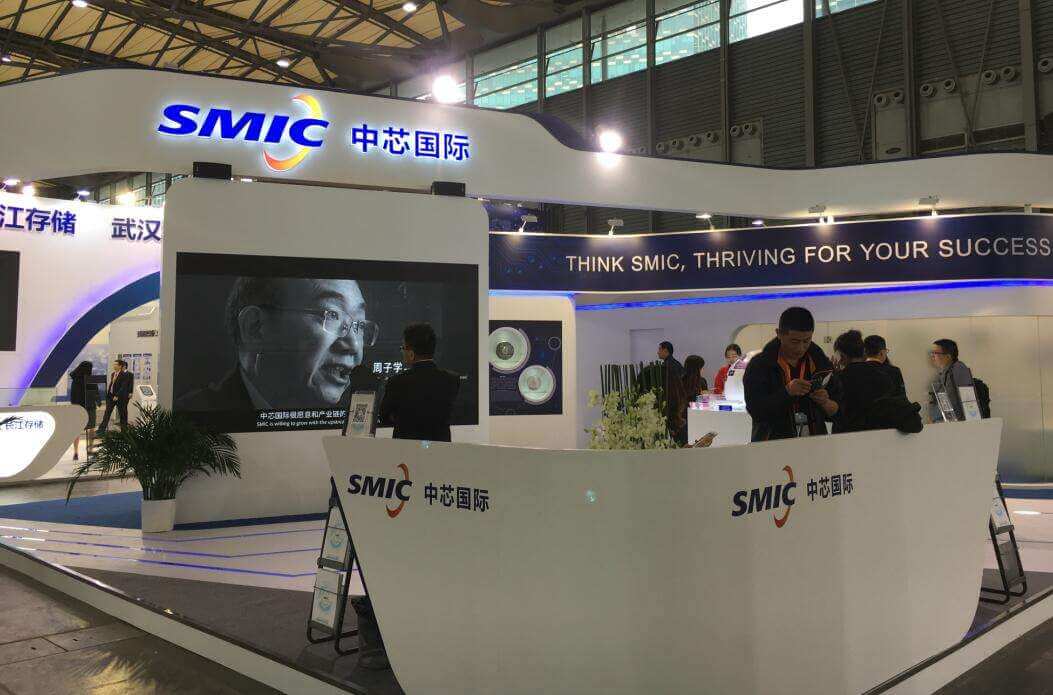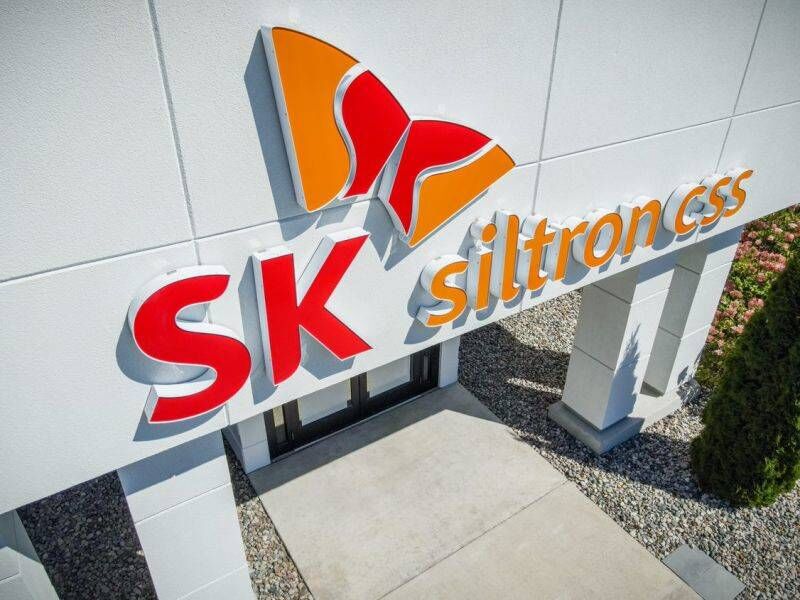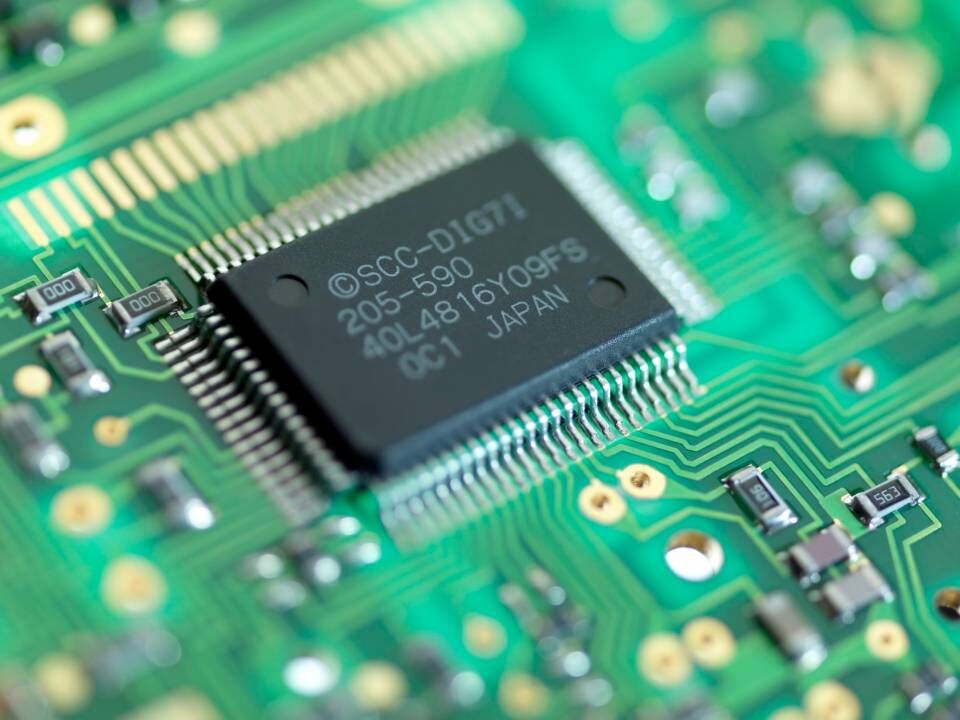Wafer manufacturing is currently an important part of the upper-middle-chip design process, and it has been in a semi-monopolistic competitive landscape internationally. The wafer process of international giants such as Taiwan Semiconductor Manufacturing Co., Samsung, and Intel has made them an important source of scientific and technological strength. In recent years, wafer manufacturers in China have developed rapidly, SMIC is one of them.
According to reports, SMIC will mass-produce the 28nm HKC++ process in the second half year of 2018, and begin trial production of the 14nm FinFET process in the first half of 2019, and use it to enter the AI chip field.
Liang Mengsong, CEO of SMIC, stated that the 28nm process will account for 5-10% of SMIC's shipments throughout 2018, with the new 28nm HKC+ accounting for nearly 28nm Poly-SiON.
In the fourth quarter of 2017, SMIC Shenzhen's 200mm wafer fab had a capacity of 442,750 wafers. It increased to 447,750 in the first quarter of 2018, and the average capacity utilization rate also increased to 88.3%. At the same time, demand from power management ICs is also increasing, 200-mm wafer fabs are producing at full capacity, and high-voltage BCD processes are turning to their 300-mm wafer fabs.
In 2017, SMIC’s revenue was US$3.101 billion, a year-on-year increase of 6.4%, gross profit margin was 23.9%, a year-on-year decrease of 5.3 percentage points, and net profit was US$1.081 billion, a year-on-year increase of 10.6%. Among them, the 28nm process contributed a 4.4-fold increase in revenue to create a new high, with an overall share of 8.0%.
At present, 40% of SMIC's revenue comes from the mainland of China. Liang Mengsong had previously worked for Taiwan Semiconductor Manufacturing Co., Ltd., and is known as the promoter who can make great progress for SMIC.












All Comments (0)